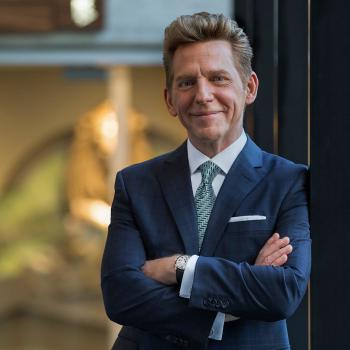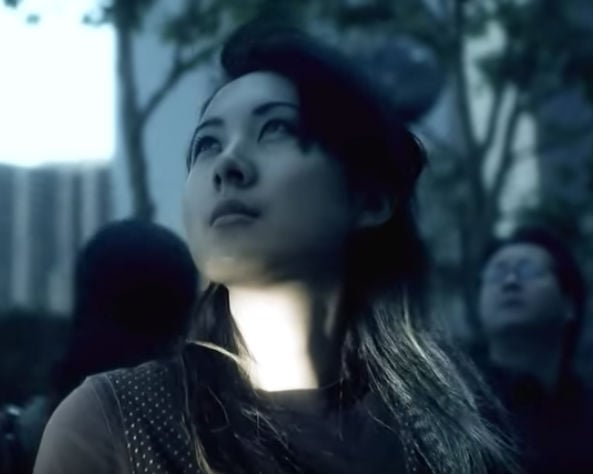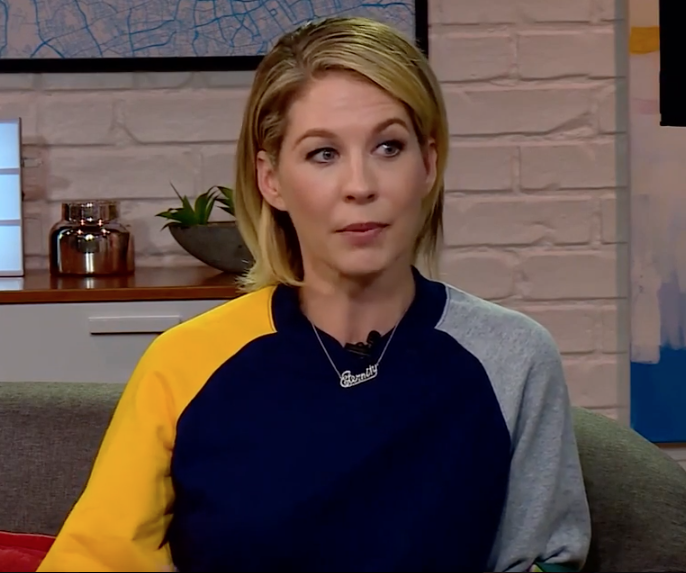 Scientologists interviewed for this story say one of the major misconceptions outsiders have about their faith is that it tries to change your religious beliefs.
Scientologists interviewed for this story say one of the major misconceptions outsiders have about their faith is that it tries to change your religious beliefs.
“We’re not trying to change anybody’s religion or politics,” Phyllis says. “We’re just trying to help people to be better.”
How influential the church is in the black community is not easy to gauge. John Carmichael, president of Church of Scientology in the New York region, says there are no exact breakdowns of church membership based on race.
There are several fundamental truths that Scientologists believe such as man is an immortal spiritual being, his experience extends well beyond a single lifetime and his capabilities are unlimited, even if not presently realized.
Another distinction of Scientology is that the religion you walk in with is the same one you are more than free keep when you leave.
This is one of the reasons Moni, who prefers to go only by her first name, says Scientology is appealing to her.
She grew up in Methodist and non-denominational churches and still holds on to her Christian faith. When asked how she feels about the perception that Scientology is a “white religion,” she recommends that people simply need to go to a service and see for themselves.
“A lot of people say ‘oh there are black people in Scientology’ which is very interesting to me because its something for everybody,” Moni says. “I am not someone who is a color person who asks ‘where are the black people and where are the white people.'”
Chevonne Brown-Johnson, who is black and Jewish, has been a Scientologist for six years now. She is a course supervisor for the church-a teacher who helps new or prospective members better understand the teachings of Scientology and how they can use them in their daily lives.
The Queens native, who is also Moni’s niece, says one of the best aspects of being Jewish is doing Mitzvahs (good deed, in Hebrew). She says being able to help people improve their lives through her position makes her feel like she is actively practicing her faith.
“I feel like I am doing mitzvahs all the time,” she says.
Since 2004, the Harlem church has been in several locations. In 2012, this small church is moving into a much larger space on 125th Street between 2nd and 3rd Avenue, a busiest street in Harlem.
Phyllis says that prime location will help the church do more of the community outreach she feels residents of Harlem and the black community need. It will also provide the church with more opportunities to reach far more people than can fill the limited confines of the current 142nd street location.
Moni hopes that more people, especially African-Americans, will view Scientology more objectively rather than rely on secondary information and rumors. When some of her friends and family ask her if she is in a cult, she replies with a question of her own.
‘”What is a cult?,'” she asks. “‘ What is the definition of a cult? (The Church of Scientology) is open for anyone to visit. But a lot of people don’t want to come and look. You know what people tell me? ‘Well if you know what it is, you can explain it to me.’ But I say come in and look for yourself.”








